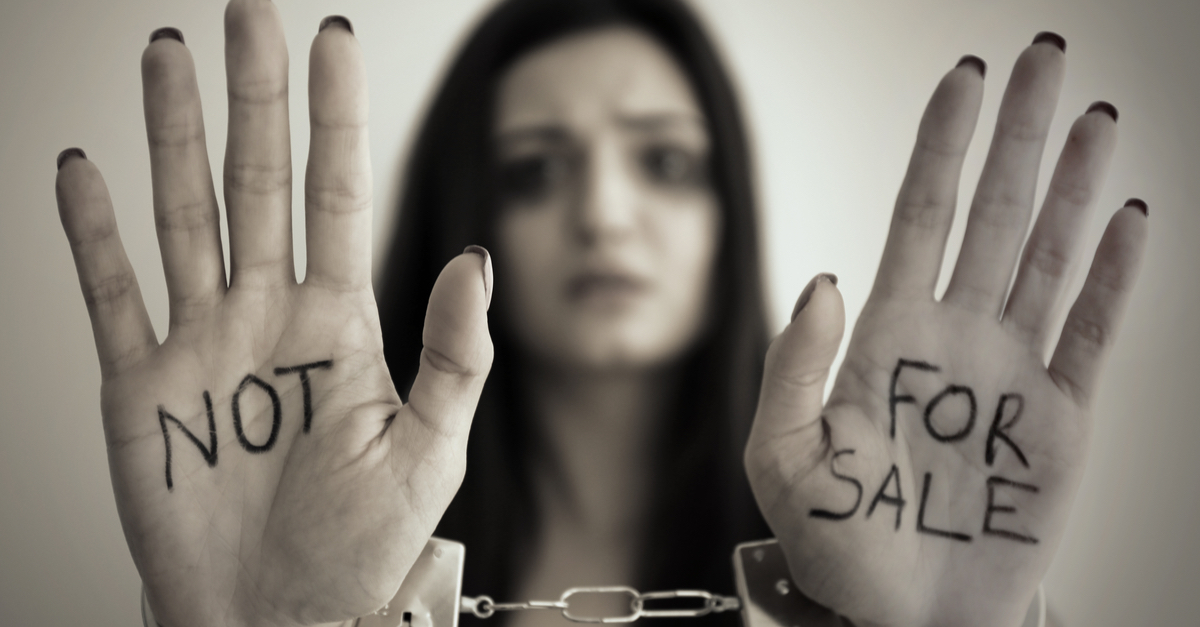In the 2009 film Highway Courtesans, director Mystelle Brabbée documented the life of a girl from the impoverished Banchchara community in Madhya Pradesh. The movie followed a 16-year-old Guddi from 1995 to 2004 as she served as a prostitute to roadside truckers to earn a living for her family. In 2018, it’s still a grim reality for women in the western part of the state.
On the Neemuch-Ratlam highway, it’s an everyday sight to see trucks parked in front of houses. Prostitution may be illegal in India (sex workers don’t have any rights under labour laws since the profession is not recognised in the country), but in Madhya Pradesh’s Mandsaur and Ratlam districts, it is a socially accepted profession. Traditionally, the eldest girl child in the family of this community became a courtesan to support the family. She’s called a khilawadi—a player, a prostitute—and may be joined by a younger sister if the family’s states are dire. She gets to live with her family, often is given a room in the house for entertaining her clients and is part of all festivals and events. And she considers herself better than a prostitute because she doesn’t solicit clients and faces no social stigma. But she isn’t allowed to marry anyone in the community.

Every fifth woman in this part of western Madhya Pradesh is a khilawadi. Men are the aggregators and beneficiaries of the trade. They pimp out their daughters and sisters when they are between 12 and 14 years of age to rich men of the village and truck drivers. But the social norms dictate that they do not sleep with the khilawadi, themself.
It’s not a money-making profession by any stretch. A khilawadi gets, on average, Rs 200 per month, an official report says. They often have illegitimate children and the cycle starts again. In this part of India, a girl child is considered a blessing. One more person for the flesh trade.
As per the survey conducted by the Madhya Pradesh Women Empowerment Department, there are more women than men in the 38 villages of Mandsaur—2,243 to 1,192. Even in the villages of Neemuch, the sex ratio is reversed to that of the nation. But this is not only due to the birth of girl children in the areas. Human trafficking is growing in the state and men are purchasing new-born babies who then become part of the trade. The bride price has also increased and men have to pay to get married.
And of course, AIDS is a problem, too.
The state is trying to rehabilitate the community with education and jobs for the girls but it hasn’t been working. Relatively well-off families are still throwing their girls into prostitution in the name of tradition while the poor think they have no option. The result: Girls are being exploited openly and without an end in sight.
Featured Image: Shutterstock



